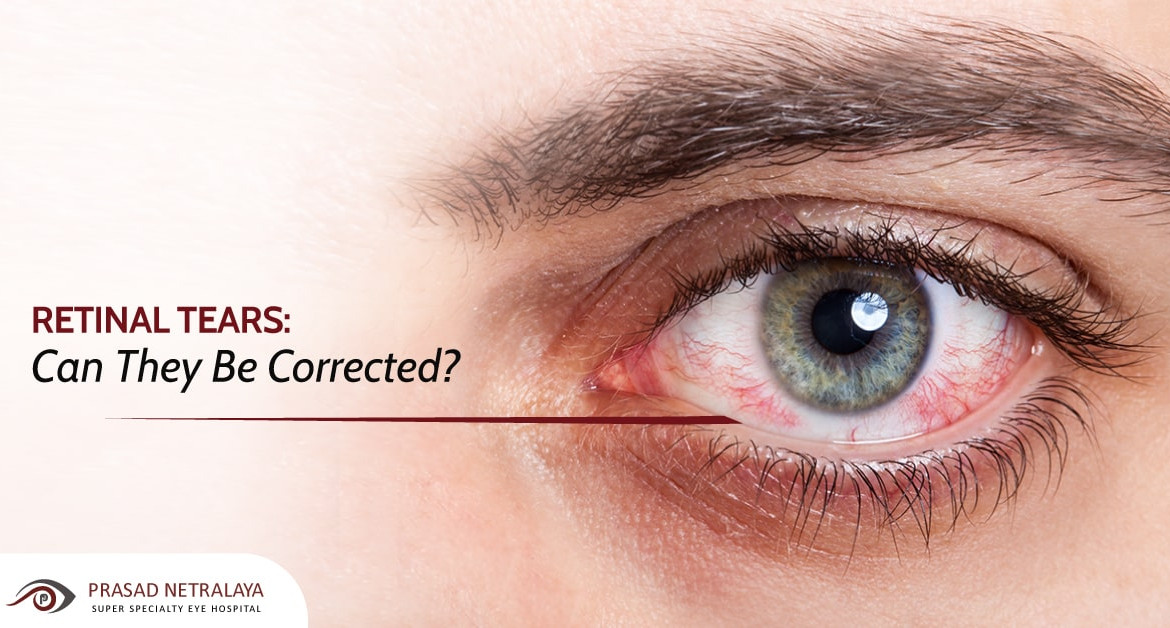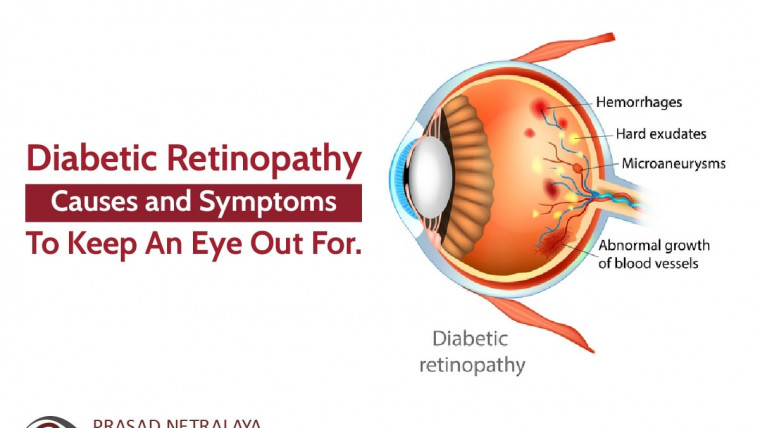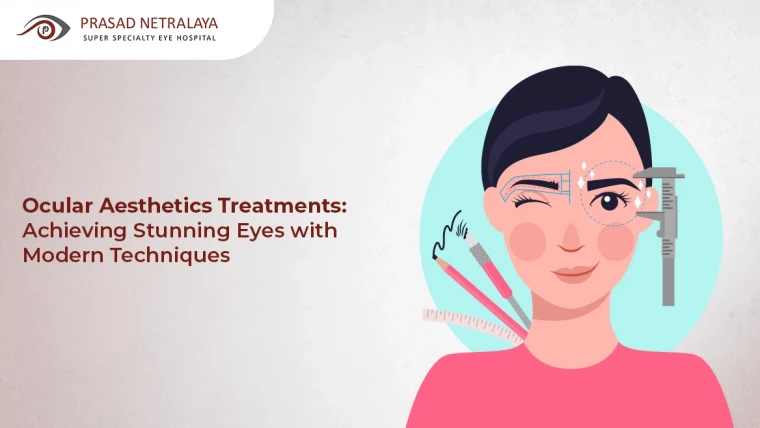You are able to see the world when multiple organs in your body function together. Your brain recognises visuals when the lens of your eye focuses on light. The retina, a thin light-sensitive layer of tissue lining the back of the eye, receives the light and converts it into neural signals. A healthy, intact retina is essential for clear vision.
But what happens when your eye has a retinal tear? Read on to find out.
Table of Contents
What Is a Retinal Tear?
As a light-sensitive tissue, the retina generates vision. The vitreous, a gel-like fluid in the eye, has tiny fibres that attach to the retina. When the vitreous separates, it may tug on the retina with enough force to create a retinal tear or In some cases, a giant retinal tear. These tears increase the risk of retinal detachment and severe loss of vision.
What Is a Giant Retinal Tear?
A giant retinal tear (GRT) is a full-thickness circumferential retinal tear that involves more than 90 degrees of the peripheral retina. It commonly occurs at an average age of 42 years. Managing a giant retinal tear with surgery is known to be challenging. One must note that a giant retinal tear is different from retinal dialysis.
What Is Retinal Dialysis?
A common yet specific type of retinal tear is retinal dialysis. It is oriented circumferentially and located either anterior to the ora serrata — the serrated junction between the retina and the ciliary body within the ciliary epithelium — or posterior to the ora serrata within the retina. The diagnosis of retinal dialysis is often associated with a history of ocular trauma, which could be caused even by a blunt injury with a fist.
What Are the Symptoms of a Retinal Tear?
Someone with an acute retinal tear may experience the following symptoms –
- Sudden onset of floaters — black spots, or small moving specks in the affected eye
- Flashes of light (photopsia), throughout the day
- Hazy vision
- A fixed curtain-like shadow in the visual field
What Causes a Retinal Tear?
A retinal tear could occur due to any of the reasons below –
- Sticky vitreous: At birth, the vitreous gel is attached to the retina. But as we age, the gel separates from the retina. Some people may have an inherently more “sticky” vitreous. So, it may pull abnormally as it separates from the retina, and cause the retina to tear.
- A high degree of nearsightedness: Those having a high degree of myopia tend to have very thin retinas that can experience tears.
- Lattice degeneration: This refers to areas of the retina thinning along its outer edges and leading to a retinal tear.
- Eye trauma: Retinal tears may also occur as a result of eye trauma.
Can a Retinal Tear Be Corrected?
If a retinal tear is diagnosed before it progresses to retinal detachment, there is a better and more effective chance of retinal tear treatment. Yes, it can be corrected. Topical or local anaesthesia is utilized for the same. Retinal tears are typically treated with a laser procedure or a freezing procedure (cryotherapy). Another treatment procedure is a pneumatic retinopexy.
- Laser (photocoagulation): Photocoagulation is a laser treatment where the laser shine makes small burns around the retina tear or hole, and these small burn scars fix the tear. The finely nuanced procedure is performed with continuous-wave high-energy laser delivery, and retinal tear laser procedure success rates are generally very high.
- Cryotherapy: This involves freezing the layers of the eye — including the retina — by placing a very cold metal probe against its wall, resulting in an adhesive scar that seals the retina.
- Pneumatic retinopexy: This procedure is used for a small tear in the retina. The retina specialist injects a tiny gas bubble into the vitreous gel, that presses against the upper part of your retina and closes the tear.
Even the slightest change or shift in the retina can have big consequences. If you are experiencing any symptoms of a retinal tear, we advise you to get your eyes examined immediately.
Avail a consultation to properly diagnose and treat any retinal problems at Prasad Netralaya — Mangalore and Udupi’s most trusted Eye Care Hospital. Our retina specialists are skilled and qualified in retinal conditions management and surgical correction of retinal problems.
Call us at +91 9513596565 or book an appointment if you wish to visit in person. The longer you leave your retinal tear — whether a small or a big one — the more you put yourself at risk of complex problems or vision loss.
Dr. Vikram Jain, M.S. had his medical training (MBBS) from Kasturba Medical College, Mangalore, India. He did his master’s in Ophthalmic surgery from Kasturba Medical College, Manipal. He currently manages the Glaucoma department of Prasad Netralaya hospital.



